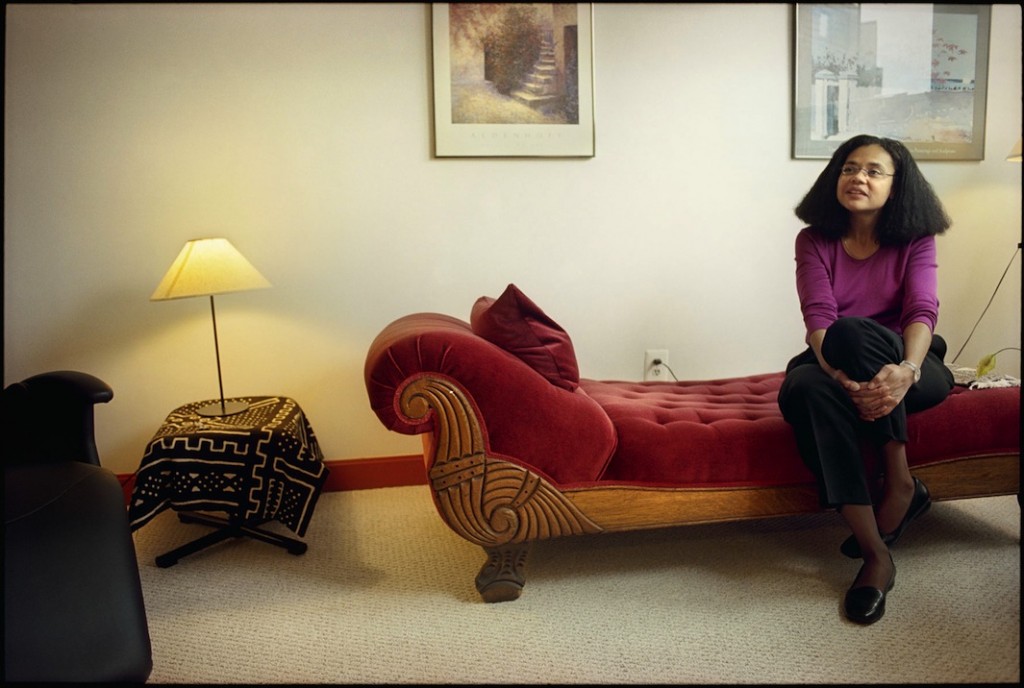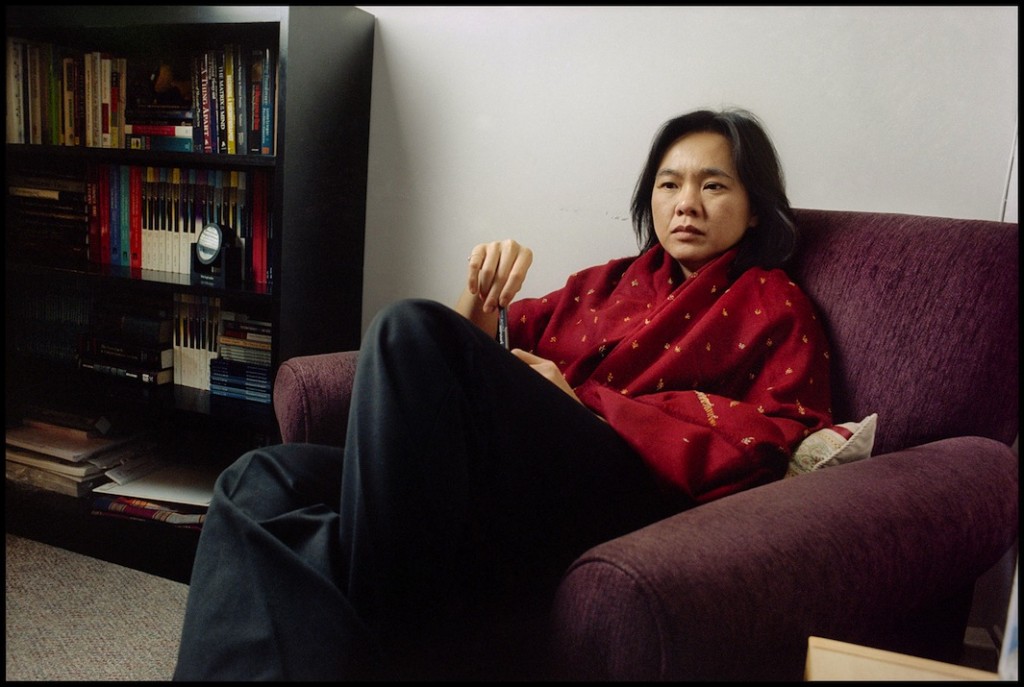It has been suggested many times that the home is a metaphor for the psyche. Some have even claimed that the master bedroom is a snapshot of your marriage, for instance, although others strongly contest this notion. This recent piece takes the idea of domicile as metaphor for the soul even further, unpacking the very notion of clutter as a window into something deeper:
Many powerful emotions are lurking amid stuff we keep. Whether it's piles of unread newspapers, clothes that don't fit, outdated electronics, even empty margarine tubs, the things we accumulate reflect some of our deepest thoughts and feelings.
This is, of course, often true. Yet just because the things we own can hold great significance doesn’t necessarily mean every room in your home is somehow a microcosm of your psychology. Sometimes clutter is just that, a function of poor organization or inadequate cleaning.
The real question is how to distinguish between the stuff that matters and the stuff that does not. They key is to pay attention to those things which arouse powerful emotions:
"Every time I think about getting rid of [my kids’ childhood things], I want to cry," says Ms. James, a 46-year-old public-relations consultant. She fears her children, ages 6, 8 and 16, will grow up and think she didn't love them if she doesn't save it all. "In keeping all this stuff, I think someday I'll be able to say to my children, 'See—I treasured your innocence. I treasured you!' "
Hoarding and its offshoots can be useful touchstones for analytic therapy. If there are things in your life that you find yourself helpless to purge or pack, then those things may be used to help explore that which you treasure most closely. At the very least, discussing them can be a helpful starting point to address some of the emotional triggers which continue to influence your life.
To learn more about the intersection between clutter, feelings and fulfillment, please contact the psychotherapists of New York’s PPSC today.


